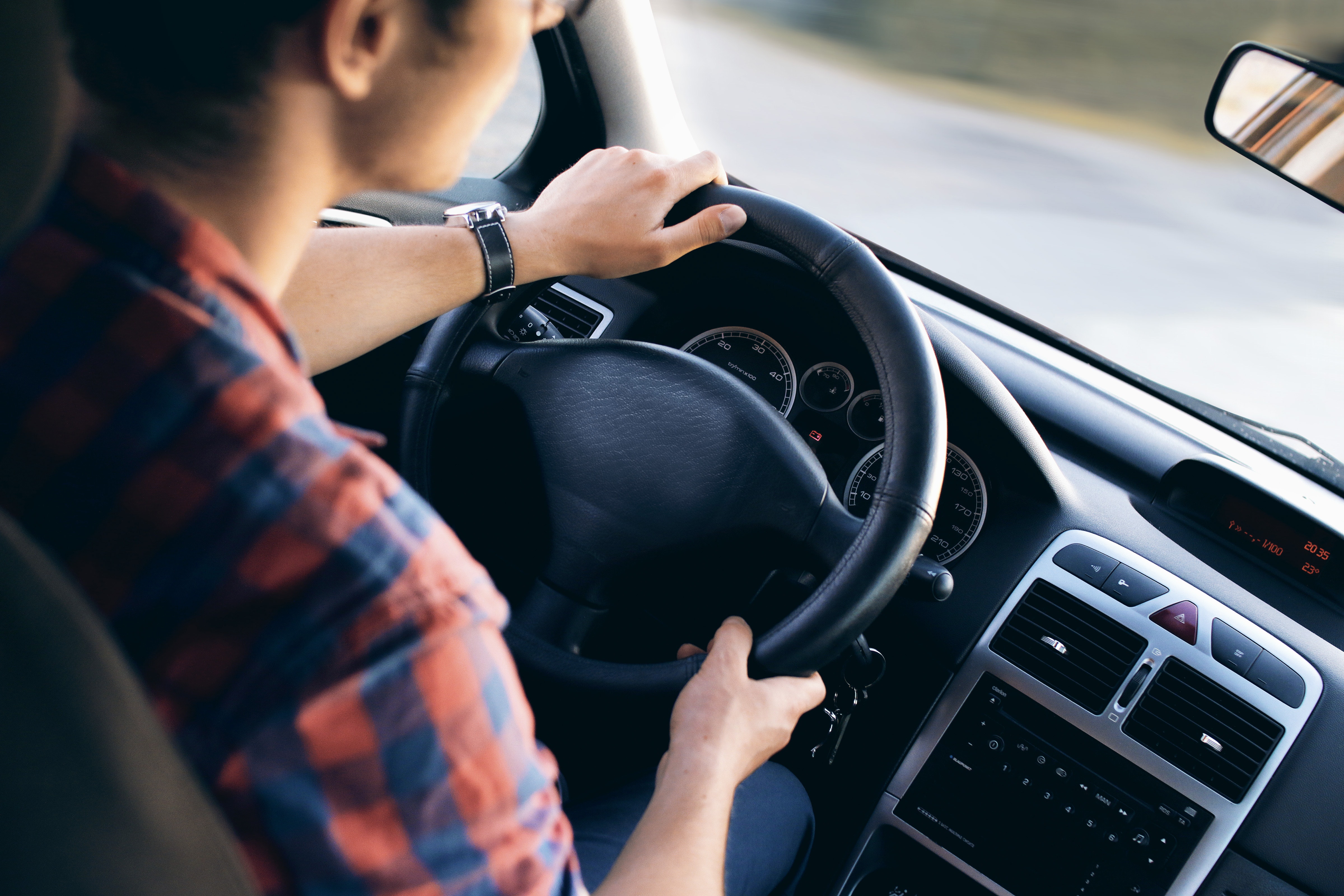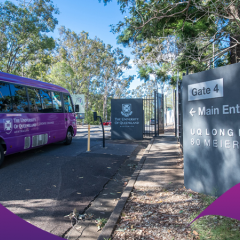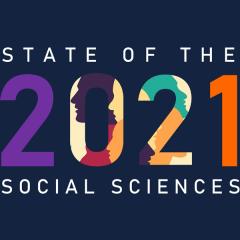Globally, more youth deaths are caused by road crashes than are caused by disease, drug use, suicide, violence and war.
Road trauma is the number one cause of death and permanent disability for young Australians aged 18-24. On average, four people are killed and 90 are seriously injured on our roads every day. These crashes have a tremendous impact on families and communities, and are a major burden on emergency services, hospital emergency departments and rehabilitation services. Sleepiness (or “fatigue”) directly accounts for at least 20 per cent of all road fatalities.
International guidelines for sleep duration show that 7-9 hours of sleep are required by most 18-24 year olds each night, but evidence cited by the 2019 Federal Inquiry into Sleep Health Awareness in Australia suggests 70-85 per cent of teenagers do not get enough sleep. As a result, young adults face significantly increased risks for fatigue-related crashes when driving.
“Here in Australia, an average of four people are killed and 90 are seriously injured on our roads every day. Young adults (aged 18-24) are over-represented in these figures.”
Young adults frequently drive when they are dangerously sleepy, but currently, there is little evidence for effective interventions to decrease sleepiness-related road crashes.
A team of ISSR researchers, led by Professor Simon Smith have designed a randomised control trial to test a new program that aims to investigate the role of sleep, nutrition, activity and transport use in young adults in lowering their risk of road crashes. The program addresses the social component of sleep behaviours, which determines behavioural decisions about bedtimes and sleep priorities. It draws on robust behaviour change strategies, which are reinforced with targeted digital education, motivation and feedback components.
The team will capture a combination of on-road and at-home measures, using actigraphy (sleep trackers) and accelerometry devices in drivers' own cars to record physical activity and driving performance. In the laboratory, drivers will use the new ISSR STISIM Driving simulator. This simulator, with wrap around screens, steering wheel and other driving controls, has been used by the team for fatigue detection, to simulate complex traffic environments, and for ’tailgating’ trials. Each driver’s physiological responses will also be measured, including brain activity, heart rate and eye movement with eye tracking glasses.
 Since its launch in mid-2020, the research team have developed and produced online video learning modules and customised simulated driving scenarios. Participants will be recruited over the next two years, with the project anticipated to conclude by early 2022.
Since its launch in mid-2020, the research team have developed and produced online video learning modules and customised simulated driving scenarios. Participants will be recruited over the next two years, with the project anticipated to conclude by early 2022.
This study is expected to yield a significant advancement in knowledge about effective interventions in sleep, nutrition, activity and transport, particularly in young people. It is hoped that the long-term impact of this research may help reduce road trauma in young drivers, and a consequent reduction in the medical, industrial and social costs associated with trauma care.
The ISSR team: Professor Simon Smith, Dr Shamsi Shekari, Dr Kalina Rossa, Dr Alicia Allan, Dr Cassandra Pattinson, Dr Dwayne Mann and Dr Shannon Edmed
Partners: QUT and USC



